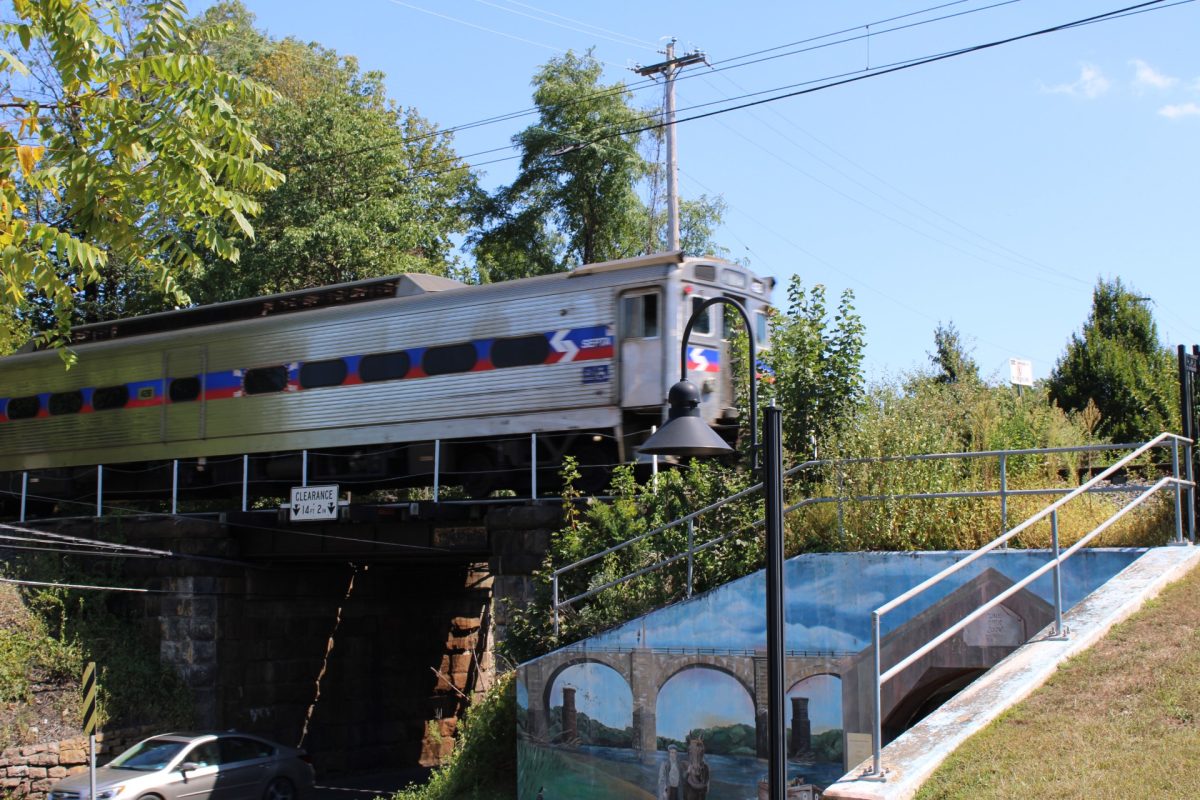In June of this year, in response to state funding cuts, SEPTA announced drastic fare increases and service cuts that would create overcrowding, longer wait times and issues for commuters in the greater Philadelphia area.
SEPTA General Manager Scott Sauer warns, “Once this dismantlement begins, it will be almost impossible to reverse, and the economic and social impacts will be immediate and long-lasting for all Pennsylvanians – whether they ride SEPTA or not.”
The announcement came after decades of SEPTA working through a broader budget crisis that they have been facing, which has been a warning for years that without long-term, sustainable funding from the state and federal government, their ability to operate at current levels would be jeopardized.
SEPTA is the sixth-largest transit system in the United States and over 700,000 ride every day. The cuts represent not only an inconvenience for riders, but also a potential disruption to the economic and social fabric of the region.
A 20 percent service cut on buses and metro was implemented on Aug. 24, and Fares were scheduled to increase by 21.5 percent on Sep. 1 and a 20 percent service cut on Regional Rail was scheduled for Sep. 2, but due to a ruling from Common Pleas Court, SEPTA was ordered to halt any changes planned for after Aug. 29.
This means that while the service cuts made to bus and metro lines will remain in place, and SEPTA will not be able to go through with plans to increase fares or cut Regional Rail lines for the foreseeable future.
Special service transportation, like sports express trains, have already been shut down for good, and if funding issues are not solved by 2026, SEPTA will be forced to shut down 24 more bus routes, five more Regional Rail lines and place a 9 p.m. curfew on all metro and Regional Rail in January.
52,000 students rely on SEPTA to get to and from school and the Delaware Valley Regional Planning Commission calculated 275,000 more cars on the road daily as a result of impending adjustments. The School District of Philadelphia has already reported a 54 percent increase in student absences and 63 percent in lateness compared to years prior.
The Pennsylvania state budget for transportation and the solution to SEPTA’s $213 million budget deficit remain unresolved. According to SEPTA General Manager, Scott Sauer, the company will have to use its service stabilization fund in order to comply with the order.
The stabilization fund is only a short-term fix, and Without legislation SEPTA could face even worse funding cuts that could impact the entire Philadelphia region’s way of life.
The increase of cars on the road would likely lead to higher carbon emissions and congestion on highways like I-95 and center-city streets. SEPTA warns that the changes could result in a loss of 76,000 jobs and $674 million dollar loss in annual tax revenue.
The SEPTA bus route that stops at Bucks County Community College, route 130, will not be affected by these changes.


